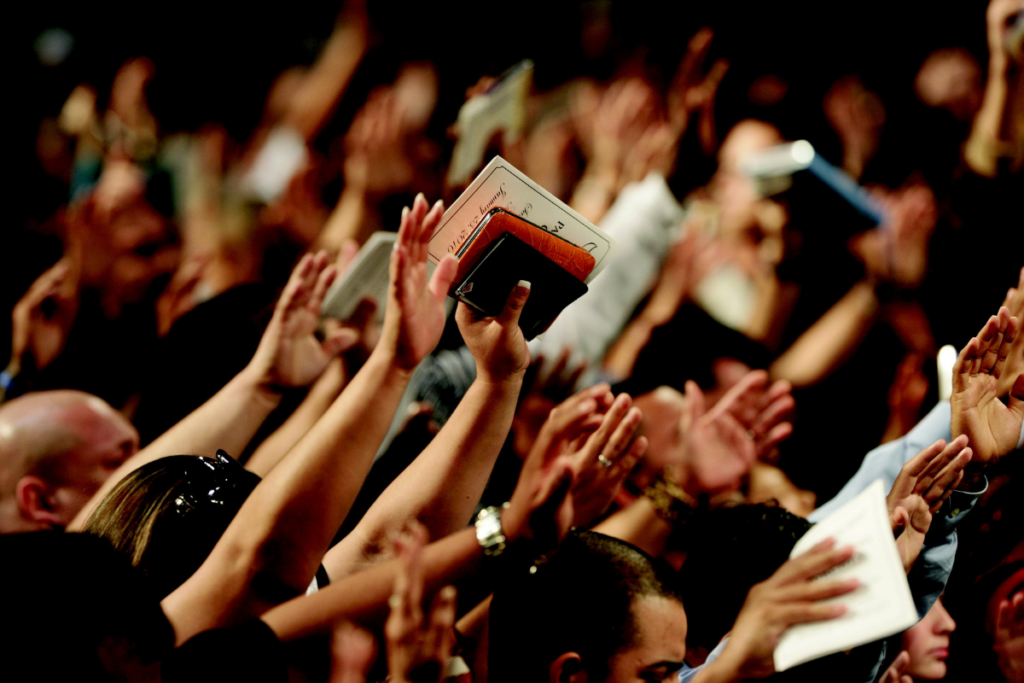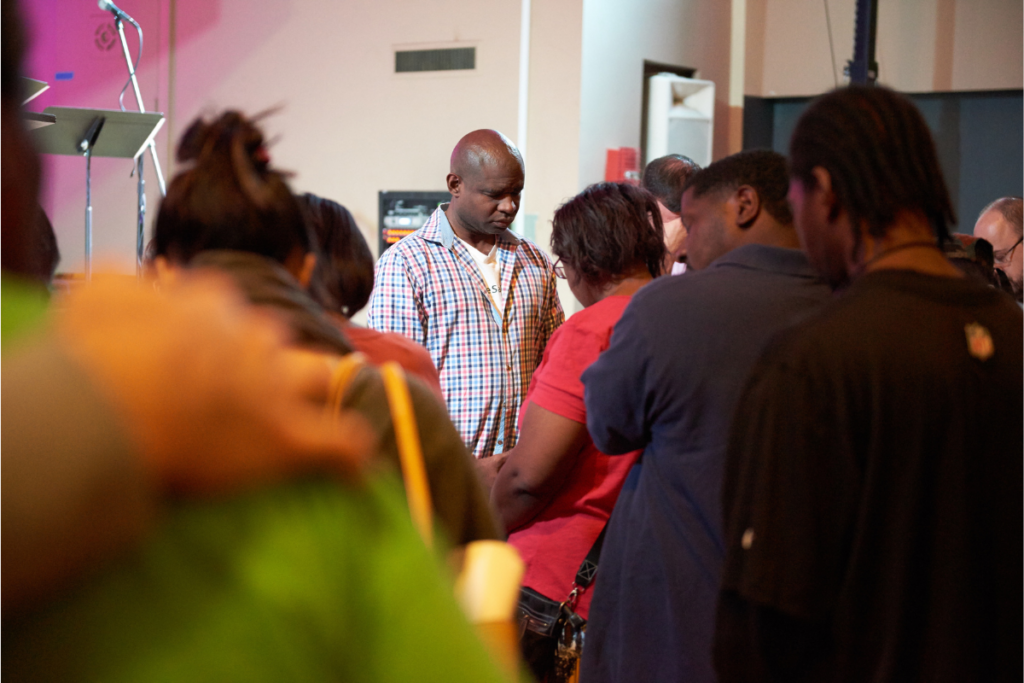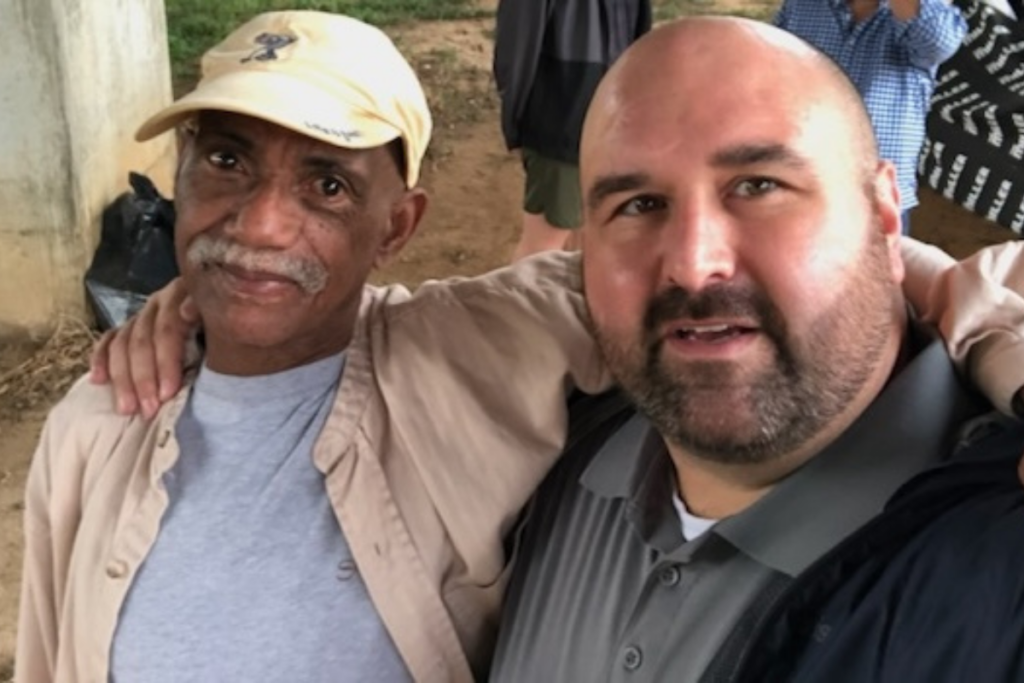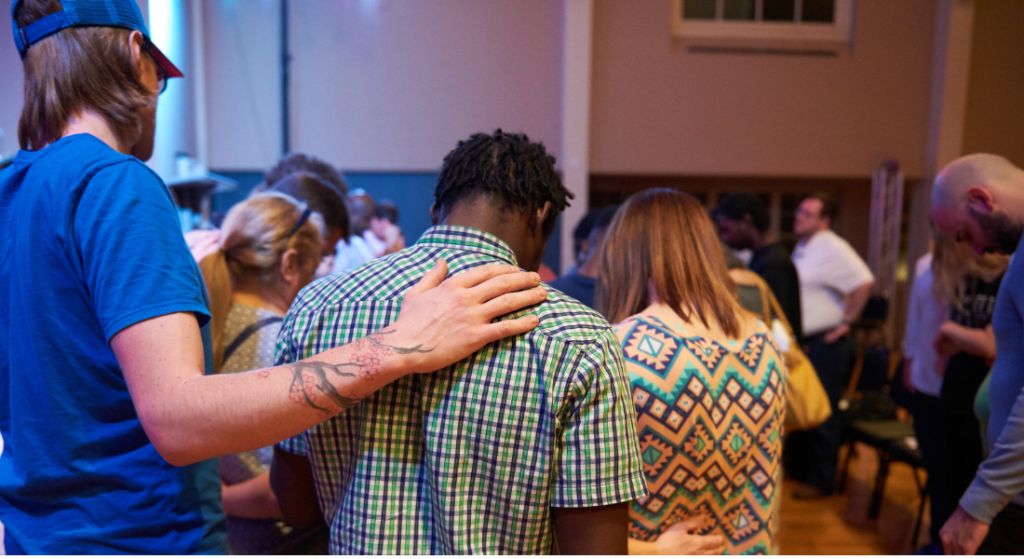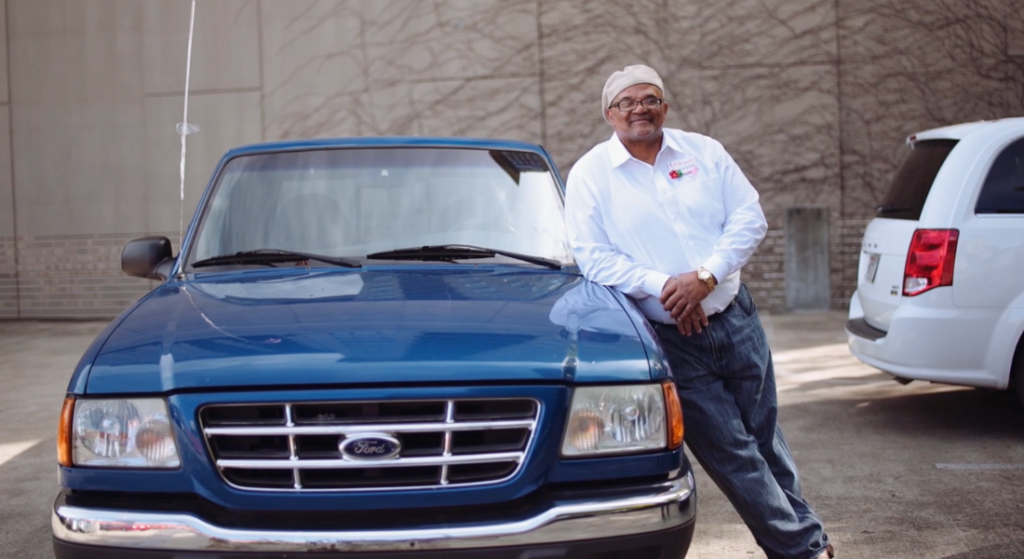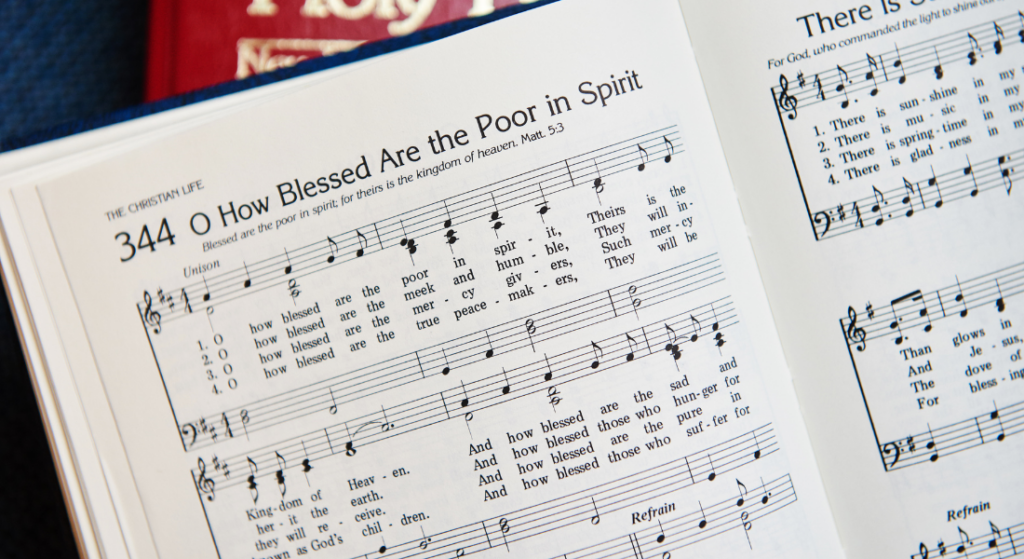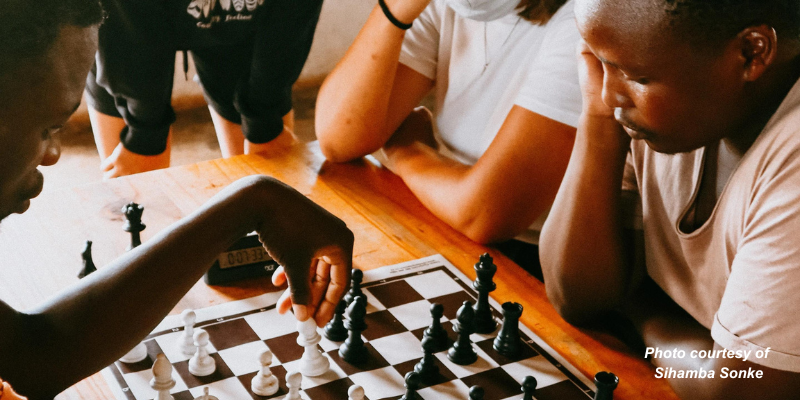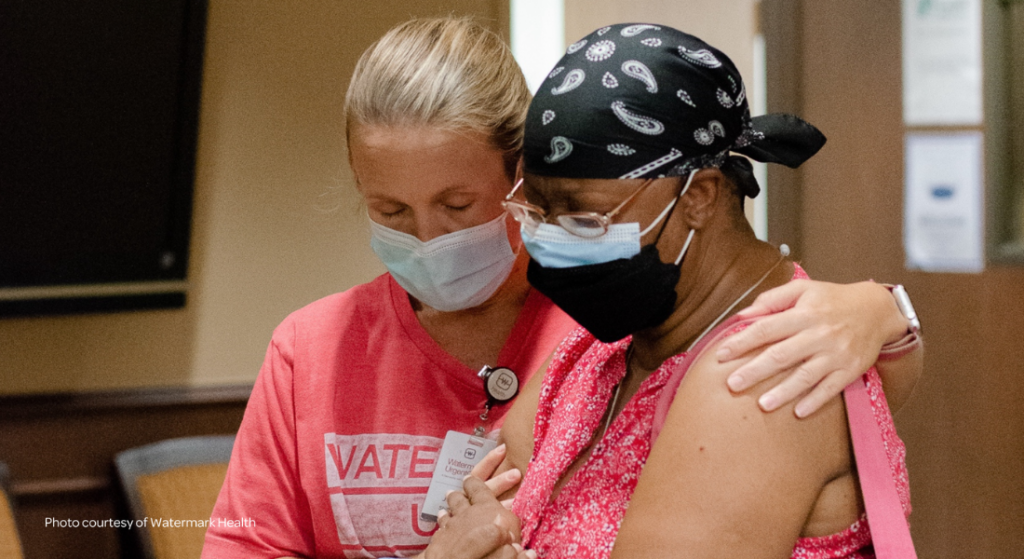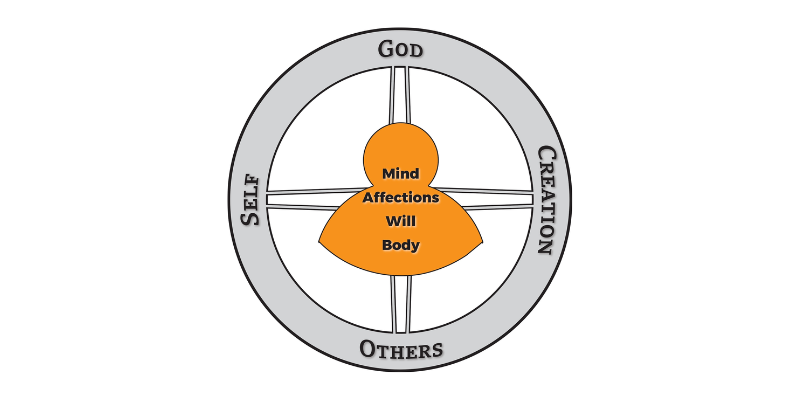Search
Categories
Tags
Posts in “When Helping Hurts”
Why Does Poverty Exist and Persist? Part 2—Broken Systems Contribute to Poverty, too.
Although we need God to transform the ways we see and interpret material poverty in the world around us , this transformation alone is often insufficient to alleviate poverty.
Why Does Poverty Exist and Persist? Part 1—How We See the World Matters
Are people trapped in material poverty due to their own personal failures or due to the effects of broken systems on their lives? This long-standing debate tends to divide people into camps (and approaches to addressing poverty) that take one or the other view, and more or less reject its opposite.
People and Processes Over Projects and Products
The goal of poverty alleviation is to see people restored to being who God created them to be. We want to see people understand that they are created in the image of God with the gifts, abilities, and capacity to make decisions and to effect change in the world around them. We want to see people steward their lives, communities, resources, and relationships in order to bring glory to God. In short, we want to see them become people who enjoy flourishing in their relationships with God, self, others, and creation. These changes tend to happen in highly relational, process-focused ministries more than in impersonal, product-focused ministries.
Praying for Transformation Together
Because all of us are suffering from brokenness in our foundational relationships with God, self, others, and creation, we all need “poverty alleviation,”—just in different ways. As men and women engaged in the work of poverty alleviation, our relationship to those in material poverty should be one in which we recognize that all of us are broken and that all of us need the blessing of reconciliation. Our perspective should be less about how we are going to “fix” those in material poverty and more about how we can walk together, asking God to bring healing to us all.
Seeking the Welfare of Augusta
How do we reach the whole of our city? Jesus is redeeming all things, so how do we lean into that and build relationships in every sector?
Agents of Reconciliation
The New Testament consistently describes Jesus’ work on the cross as “reconciliation” (Col. 1:20. etc.), which means putting things back into right relationship again. The Apostle Paul also teaches that we also have a role in reconciliation.
Understanding Our Vision for Poverty Alleviation
If we want to see an end to material poverty, we need a clear vision of what this looks like. Just as our diagnosis of the causes of poverty shapes the remedies we pursue, so too does our idea of the ultimate goal of poverty alleviation.
Repenting of the Health-and-Wealth Gospel: Lessons from Kibera
In the heart of Nairobi, Kenya, lies one of Africa’s largest slums—Kibera. Conditions there are harsh. People live in makeshift structures, surrounded by open ditches filled with human and animal waste. Opportunities for jobs and education are severely limited, as is access to healthcare, food, and clean water.
A Biblical Framework for Poverty: The Four Key Relationships
Bryant Myers, a leading Christian development thinker, argues in Walking with the Poor: Principles and Practices of Transformational Development that in order to effectively address material poverty, we need to consider the fundamental nature of reality, starting with our triune God as the Creator of that reality. God, eternally existing as three-in-one, is inherently relational, and as beings made in His image, we too are inherently relational.



